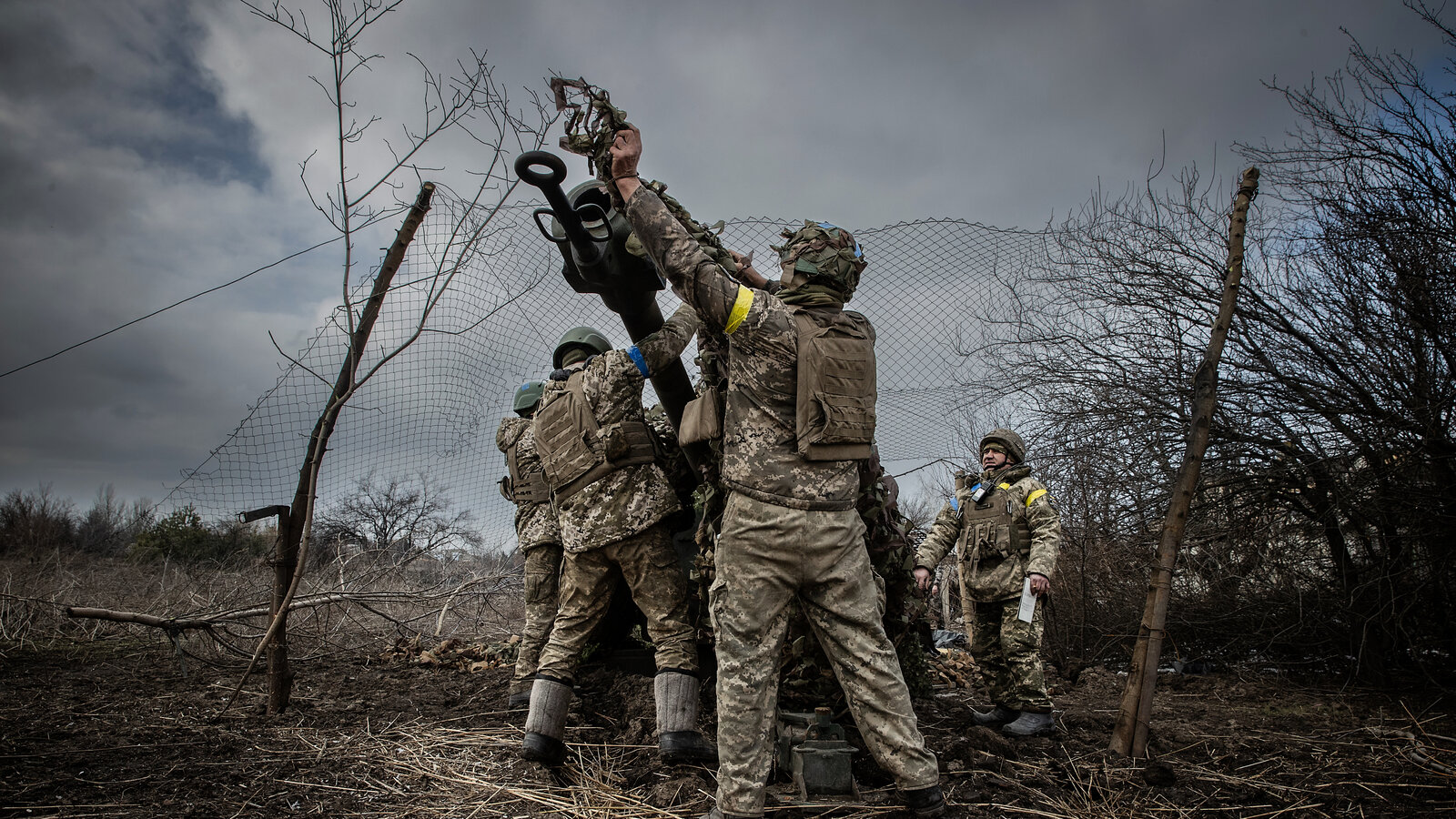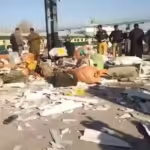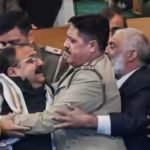
As many as 8,000 North Korean soldiers have reportedly been sent to Kursk Oblast in western Russia, according to U.S. Secretary of State Antony Blinken. This intelligence indicates that these troops are expected to engage in combat alongside Russian forces in the region, which Ukrainian troops have contested since August.
Implications of the Deployment
The influx of North Korean military personnel could significantly bolster Russian operations in Kursk and provide valuable combat experience for Pyongyang’s forces, who have not engaged in major warfare for seven decades. However, experts warn that the presence of North Korean troops may have little effect on the frontline dynamics, potentially resulting in high casualties without meaningful strategic benefits.
The Kremlin has strategically directed these North Korean reinforcements to Kursk, particularly after Russian forces initiated counterattacks against the Ukrainian salient in the area last month. Although Russian troops have made slight advances on the western side of the salient, they have faced severe setbacks on the eastern front, where Ukrainian forces have mounted fierce defenses from fortified positions they captured in August.
Russian Military Struggles
The main counteroffensive on the eastern edge of the salient has been spearheaded by the Russian Navy’s 810th Naval Infantry Brigade, which has recently suffered significant losses. Reports indicate that, on or around October 24, the brigade’s 382nd Separate Battalion deployed scouts to probe Ukrainian defenses near Russkaya Konopelka and surrounding areas.
One of the scouts recounted their mission in a translated video, stating, “Our objective was to discover the enemy.” After successfully locating a Ukrainian machine gun nest, the battalion’s commanders made a surprising decision, ordering the lightly armed scouts to launch a direct attack on the well-entrenched position.
Consequences of Poor Command Decisions
The scouts, numbering only 16 against a numerically superior force, faced overwhelming odds. The scout reported, “Two groups stopped existing,” highlighting the devastating impact of the encounter. In the aftermath, surviving members threatened mutiny, expressing a clear refusal to continue serving in what they viewed as a death trap. “We won’t be cannon fodder,” one scout asserted.
To counter these challenges, North Korean troops are being integrated into the Russian military effort in Kursk. However, experts question whether these forces will achieve better results than the Russian marines. The Institute for the Study of War (ISW) has raised concerns over the coordination between Russian and North Korean units, noting that there is only one interpreter assigned for approximately every 30 North Korean soldiers. This disparity suggests that Russian commanders may not be prepared for effective joint operations, opting instead for broad orders and hoping for favorable outcomes.
A Dangerous Learning Experience
For North Korea, this deployment may serve as a risky training exercise, allowing its troops to gain practical combat experience. Yet, there is a significant danger: the North Korean soldiers could learn a harsh lesson that mirrors what Russian marines have encountered—namely, that following poorly conceived orders from indifferent superiors can lead to catastrophic outcomes.
As the situation in Kursk develops, the integration of North Korean forces into the Russian military could reshape the dynamics of the ongoing conflict in Ukraine, while raising serious questions about command effectiveness and the cost of warfare.










